A new approach to understanding gravity helps eliminate some discrepancies inherent in general relativity.
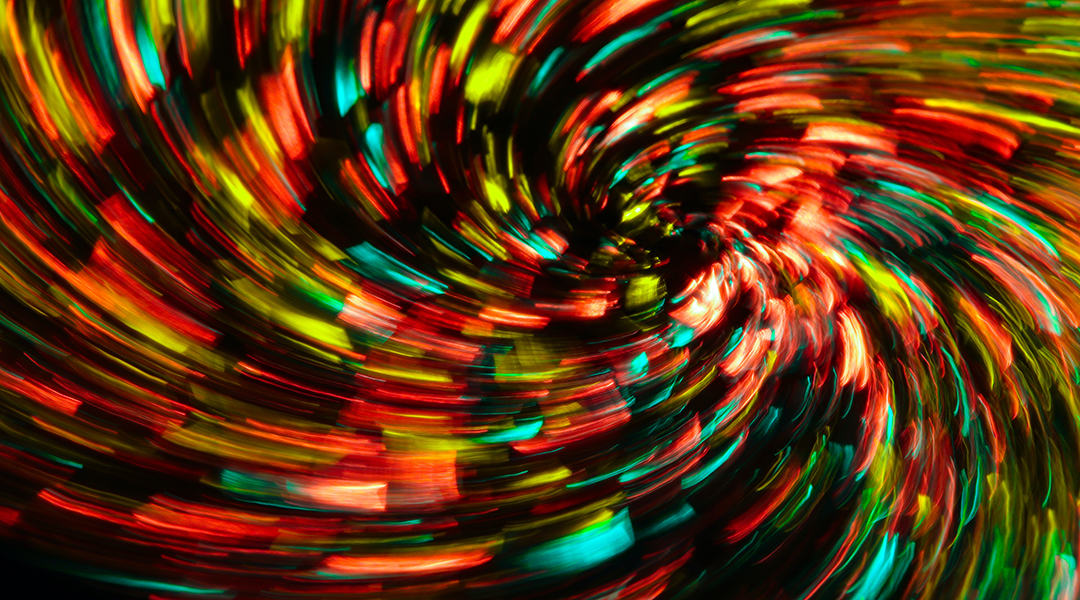

A new approach to understanding gravity helps eliminate some discrepancies inherent in general relativity.
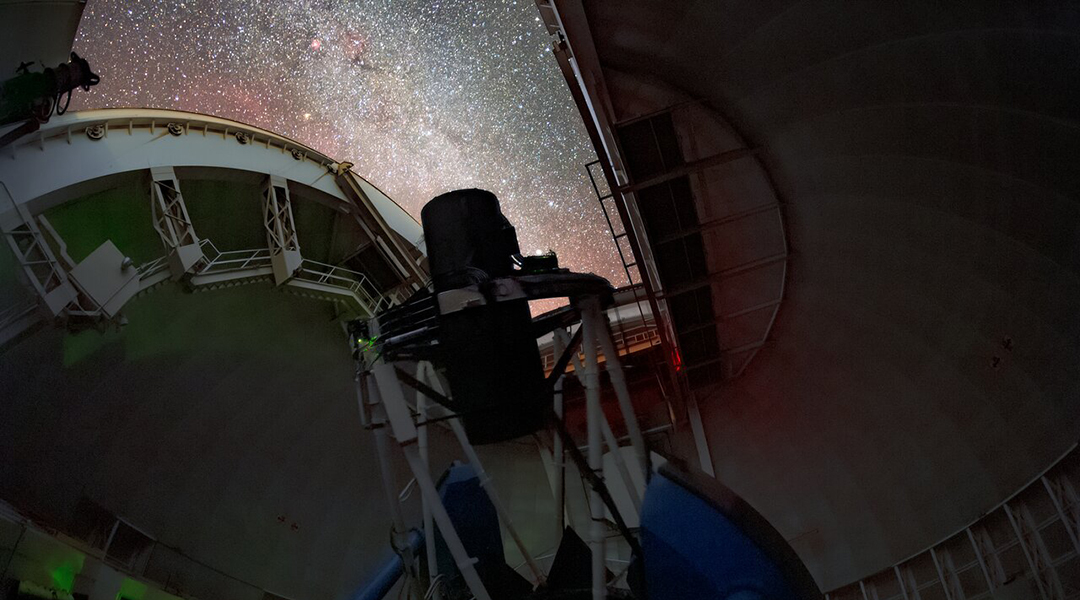
Galaxies, quasars, and stars… oh my! Dark Energy Spectroscopic Instrument (DESI) first data is a small fraction of the huge cosmic survey it will conduct.
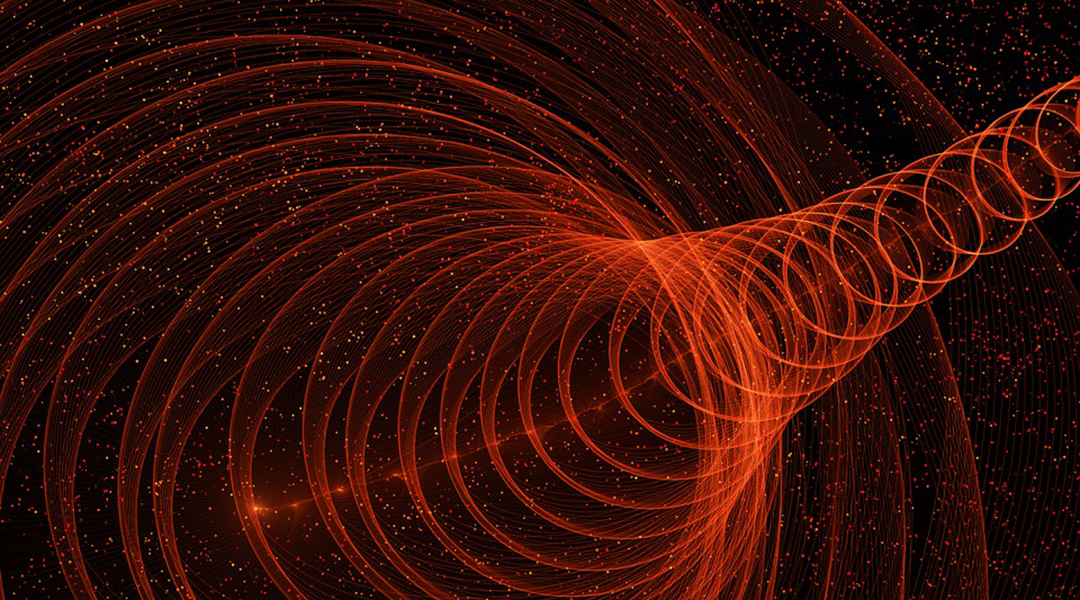
New research reveals that quantum effects defy the universality of free fall, providing a potential experimental pathway to test quantum gravity.
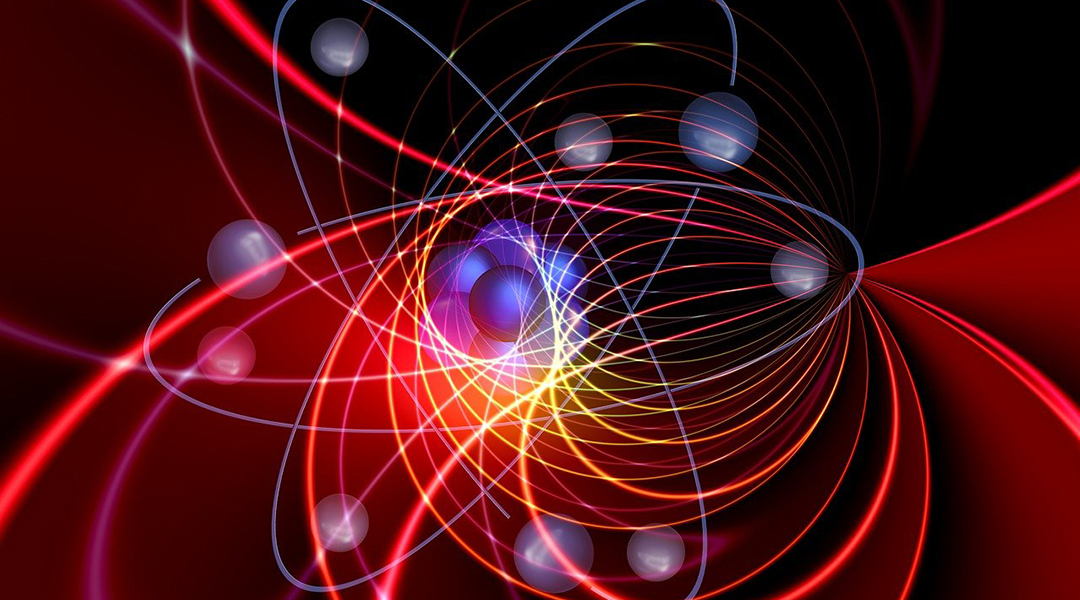
A new technique can detect the X-ray signature of an individual atom, even determining the structure of its electron orbits.
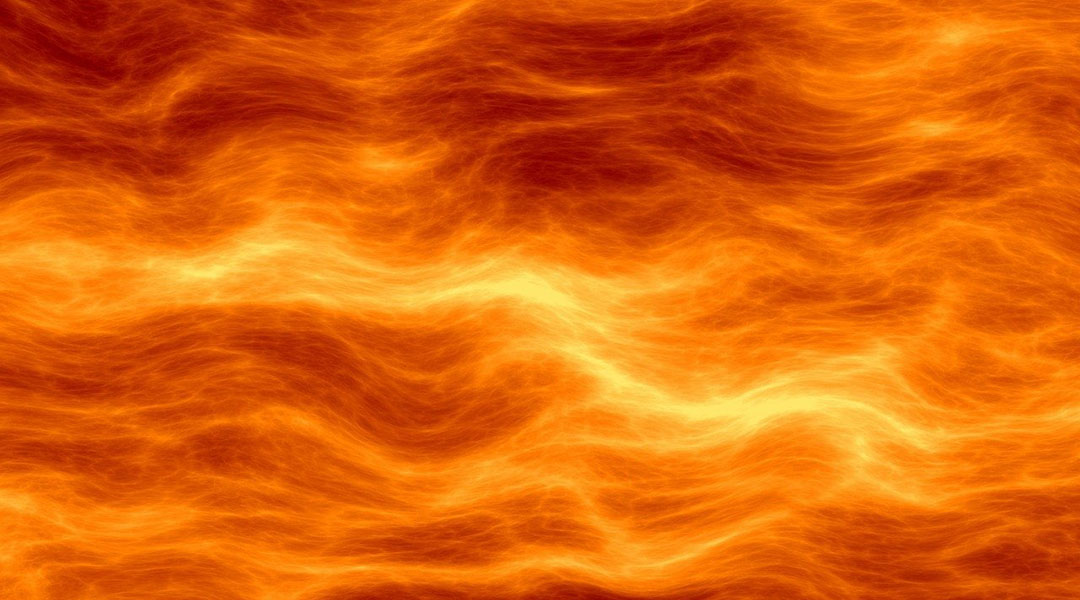
The most compact nuclear fusion reactor built to date could provide a more affordable and sustainable means of future fusion energy.
Scientists propose a modified cosmological model that challenges the existence of dark matter and dark energy.
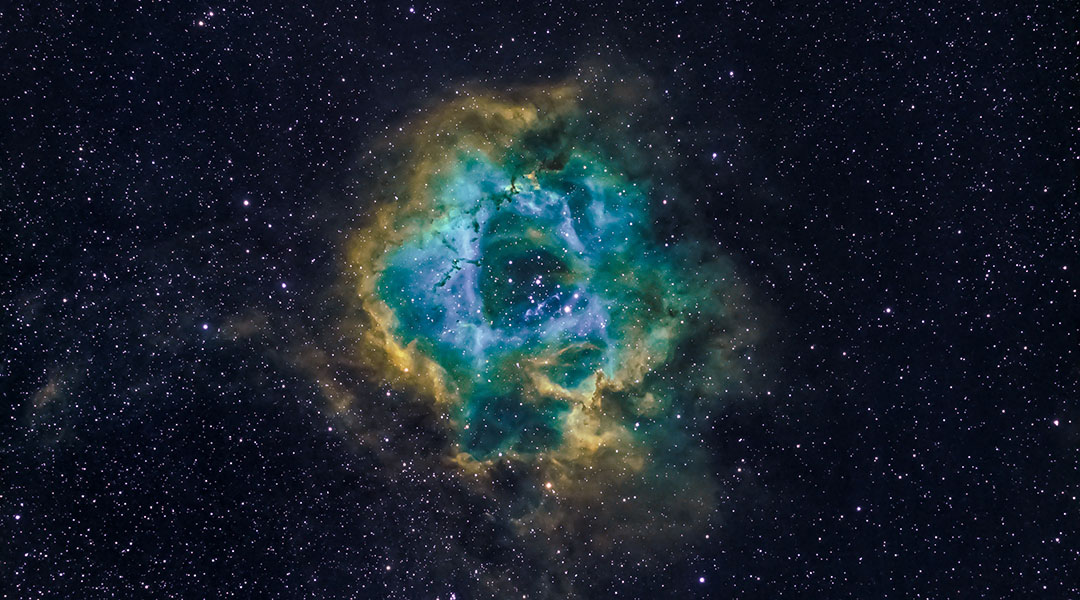
The composition of dark matter remains a mystery, but a new theory involving quantum tunneling may have eliminated some candidates.
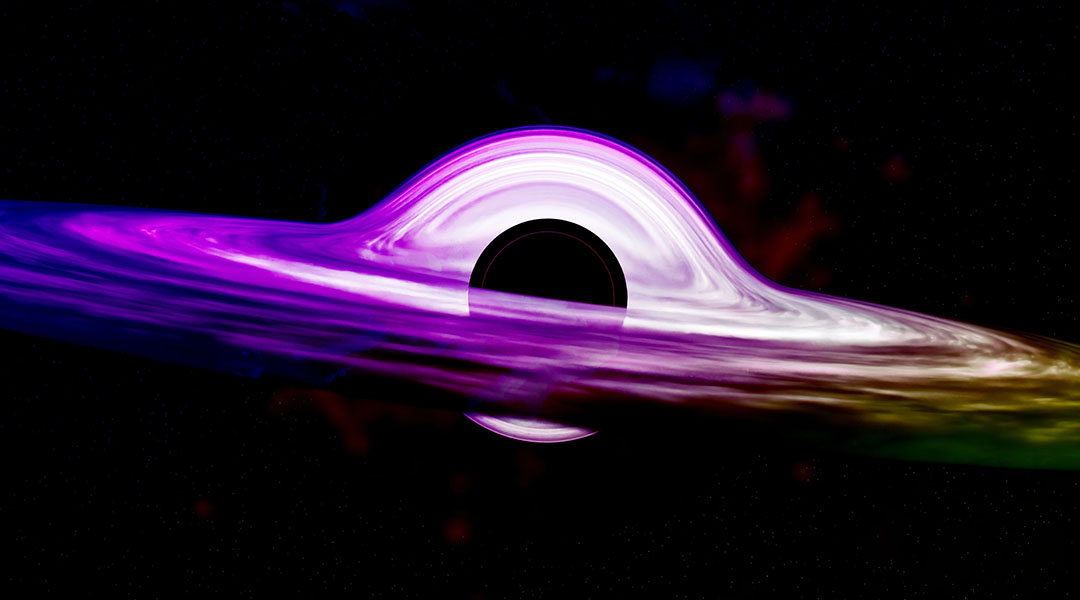
Dark matter could be aggregating around black holes, providing a possible means of indirectly measuring its properties.
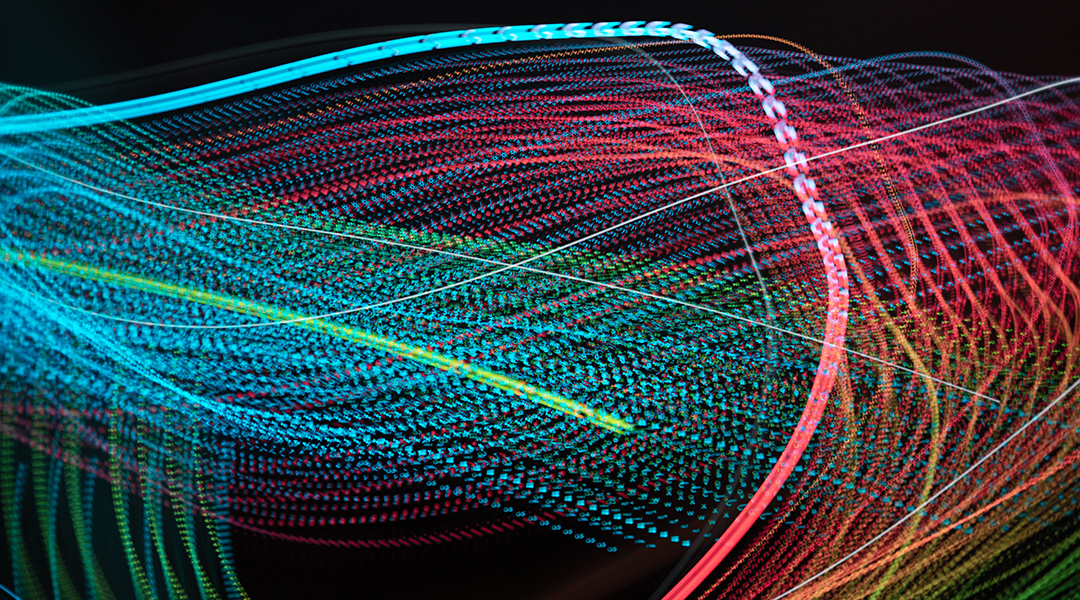
A group of scientists have carried out one of the strongest tests of quantum phenomena by observing nonlocality in a network.
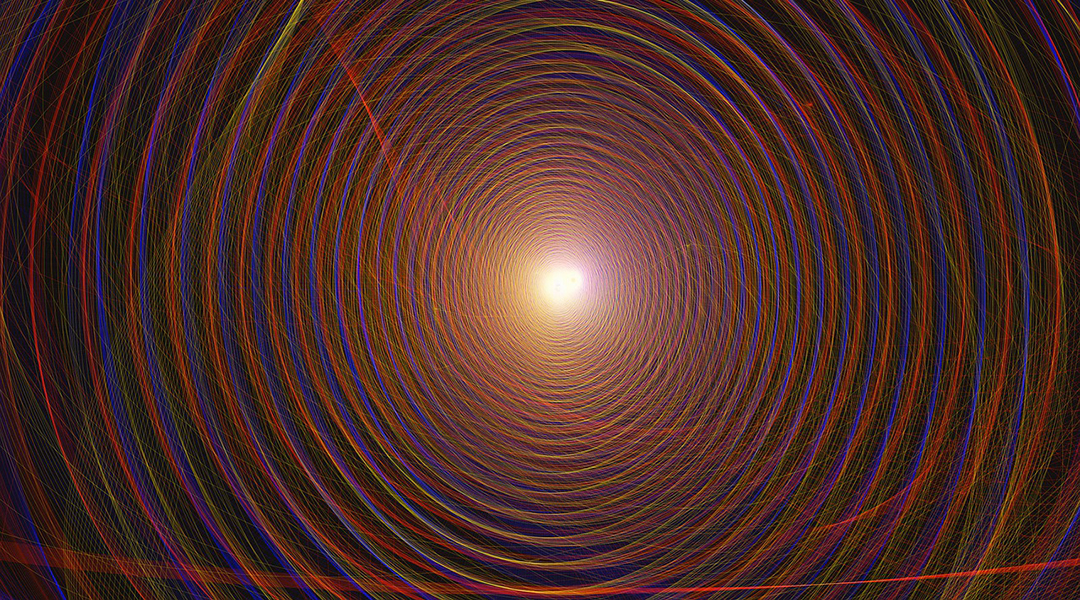
A study explores how the behavior of electrons changes on the mesoscale under magnetic fields and rotation.